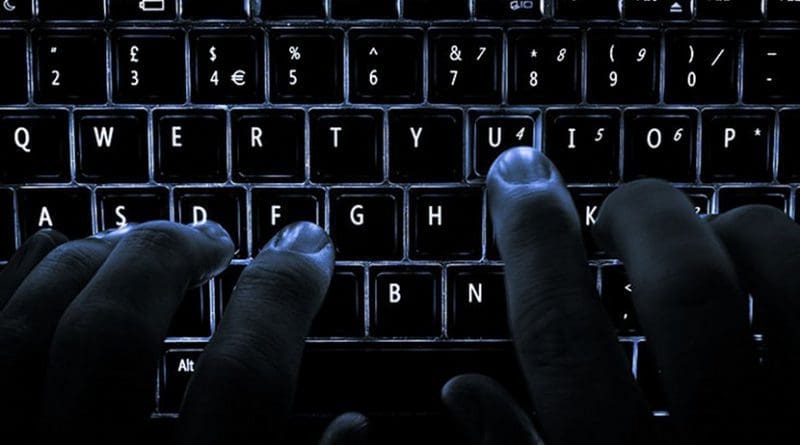Suspected Russian Hacker Extradited To US From Spain
By RT
Russian programmer Pyotr Levashov, accused by US prosecutors of being the mastermind behind a large bot net has been extradited to the US from Spain and appeared in court Friday.
In a statement Friday, the US Justice Department said Levashov is “alleged to have controlled and operated the Kelihos botnet which was used to distribute hundreds of millions of fraudulent e-mails per year; intercept credentials to online and financial accounts belonging to thousands of Americans; and spread ransomware throughout our networks.” The suspected hacker appeared before a US Magistrates Court in Connecticut Friday evening.
Levashov pleaded not guilty to all 8 counts against him during his first US court appearance Friday, his Russian’s lawyer Igor Litvak told Sputnik. Litvak said they have “no documents from the prosecutor’s office, no evidence of crime.”
Levashov had previously said his life would be in danger if Spanish authorities complied with the US extradition request, and afraid that he might face torture in the US “in order to extract Russian secrets.”
The programmer is also wanted in Russia on cyber-crime charges, including hacking the site of a medical facility in St. Petersburg and spreading malware. Moscow issued an international warrant for his arrest in August.
The Russian Embassy in the US said it had not been notified of Levashov’s extradition and will request information on his exact whereabouts.
“Of course, we will provide Levashov with all necessary assistance,” the embassy told Interfax.
Justifying its decision, the Spanish Justice Ministry said Levashov faces more serious charges in the US than in Russia, and Washington was the first to demand his extradition.
Furthermore, Spain believes that since Levashov is a Russian citizen, Moscow is unlikely to hand him over to Washington for trial, and therefore, “the crimes he committed there might go unpunished,” Spanish authorities told Sputnik.
Russian programmer Pyotr Levashov, accused by US prosecutors of being the mastermind behind a large bot net has been extradited to the US from Spain and appeared in court Friday.
In a statement Friday, the US Justice Department said Levashov is “alleged to have controlled and operated the Kelihos botnet which was used to distribute hundreds of millions of fraudulent e-mails per year; intercept credentials to online and financial accounts belonging to thousands of Americans; and spread ransomware throughout our networks.” The suspected hacker appeared before a US Magistrates Court in Connecticut Friday evening.
Levashov pleaded not guilty to all 8 counts against him during his first US court appearance Friday, his Russian’s lawyer Igor Litvak told Sputnik. Litvak said they have “no documents from the prosecutor’s office, no evidence of crime.”
Levashov had previously said his life would be in danger if Spanish authorities complied with the US extradition request, and afraid that he might face torture in the US “in order to extract Russian secrets.”
The programmer is also wanted in Russia on cyber-crime charges, including hacking the site of a medical facility in St. Petersburg and spreading malware. Moscow issued an international warrant for his arrest in August.
The Russian Embassy in the US said it had not been notified of Levashov’s extradition and will request information on his exact whereabouts.
“Of course, we will provide Levashov with all necessary assistance,” the embassy told Interfax.
Justifying its decision, the Spanish Justice Ministry said Levashov faces more serious charges in the US than in Russia, and Washington was the first to demand his extradition.
Furthermore, Spain believes that since Levashov is a Russian citizen, Moscow is unlikely to hand him over to Washington for trial, and therefore, “the crimes he committed there might go unpunished,” Spanish authorities told Sputnik.

